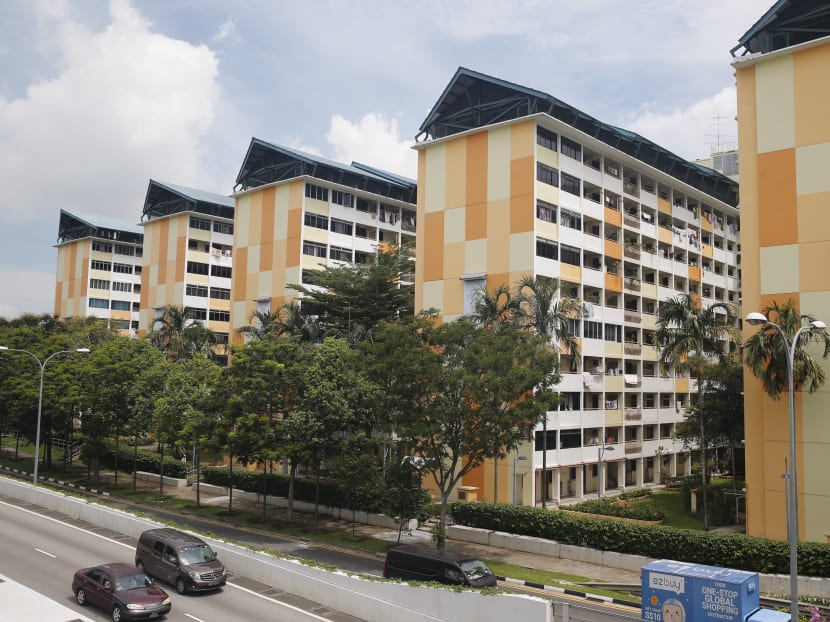Govt must avoid the formation of social enclaves: Chan Chun Sing
SINGAPORE — Just as how Singapore prevented racial enclaves from forming in its housing estates, the country must avoid the formation of any social enclaves, said Trade and Industry Minister Chan Chun Sing said on Tuesday (June 5).

The Government will “further refine” the design of precincts and public housing flats to “allow greater social mixing between people of different economic backgrounds”, says Trade and Industry Minister Chan Chun Sing.
SINGAPORE — Just as how Singapore prevented racial enclaves from forming in its housing estates, the country must avoid the formation of any social enclaves, said Trade and Industry Minister Chan Chun Sing said on Tuesday (June 5).
To that end, the Government will “further refine” the design of precincts and public housing flats to “allow greater social mixing between people of different economic backgrounds”.
“This is especially important as society matures and social mobility and social mixing weaken,” said Mr Chan, who did not elaborate.
Earlier, the Government had announced that it will be integrating rental units with purchased flats in three blocks in upcoming Build-to-Order projects.
Speaking at Temasek Holding’s Ecosperity conference, Mr Chan reiterated that the Government “must do more to ensure that every town and every precinct is a microcosm of Singapore”.
“We want to have a good mix of housing, with people from different backgrounds living and socialising together,” said Mr Chan.
The issue of social integration and mixing has made headlines in recent months.
In February, Prime Minister Lee Hsien Loong also warned about social stratification, or an institutionalised system of social inequality.
Last month, several Cabinet Ministers including Mr Chan and other Members of Parliament highlighted — during the five-day debate on the President's Address — that the dire situation is starting to take root and risks becoming entrenched.
In his wide-ranging keynote address on Tuesday, Mr Chan pointed out that in terms of sustainability, a society “must go beyond the physical dimensions”. It has to also address the “well-being of the people that we are sustaining”, he added.
Mr Chan noted that social integration and mixing is “often neglected in the development of many societies”.
Unlike some societies which have a more homogenous population base, Singapore has a “multi-racial, multi-religious” one.
Mr Chan said: “We do not take for granted our people will not succumb to the natural human instincts to prefer to mix with people who are similar to them – be it in terms of race, language, religion or social economic status.”
He also stressed the importance of education and continuous training, given that a sustainable environment “can only come about and be supported by a population that can fulfil their potential and embrace their responsibilities towards the future generations”.
Reiterating that this is a priority for Singapore, Mr Chan said the Government must “put in an unequal amount of resources to lean forward for the less privileged so that everyone can have a good start in life, starting from pre-school”.
When it comes to healthcare, medical costs are a challenge for many societies and these will continue to escalate “because of the demand for and supply of higher quality healthcare services”.
How a society plans ahead to sustain its healthcare needs will define its future, Mr Chan said. “This is the reason why the Singapore Government spares no effort to ensure that we have a sustainable healthcare system,” he said.
While there is “no magic formula”, the Government abides by several fundamental principles, such as putting in place the right pricing mechanisms to allocate resources.
It also sets aside sufficient resources to build capacities and capabilities, and focuses help on those who need it most, while encouraging responsible demand, Mr Chan said.
“These are the basis upon which we design our public healthcare system and its associated pricing structures, to provide the greatest help to those with the greatest need, in order to ensure everyone can afford the healthcare they need,” he said.






